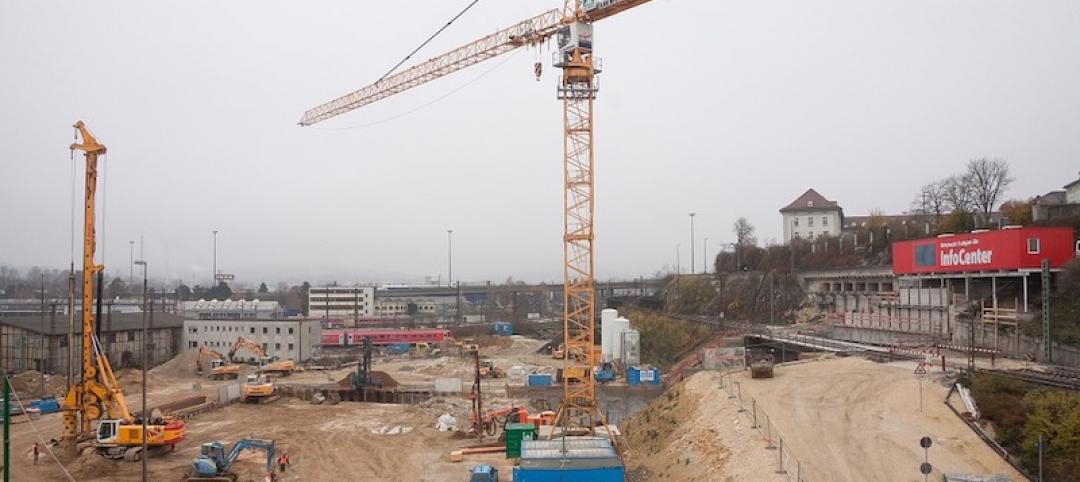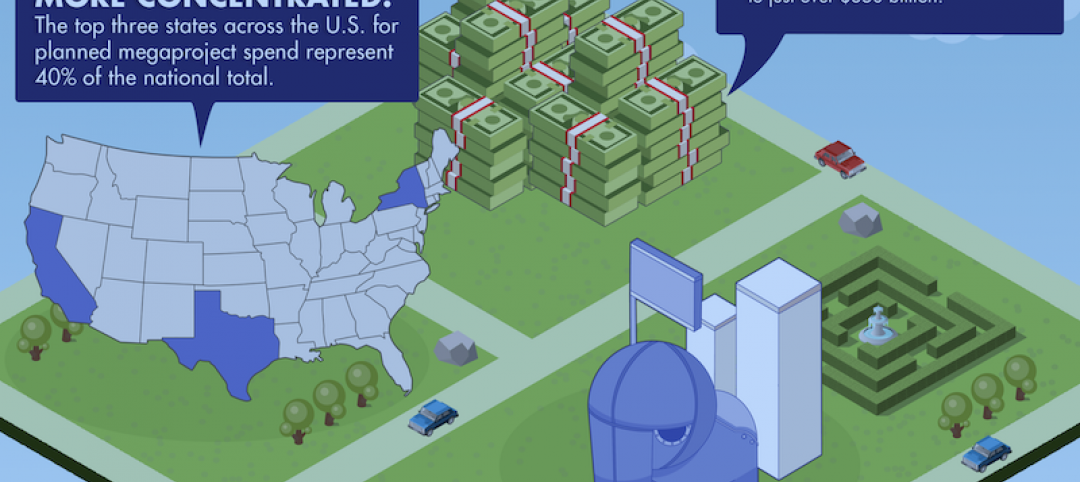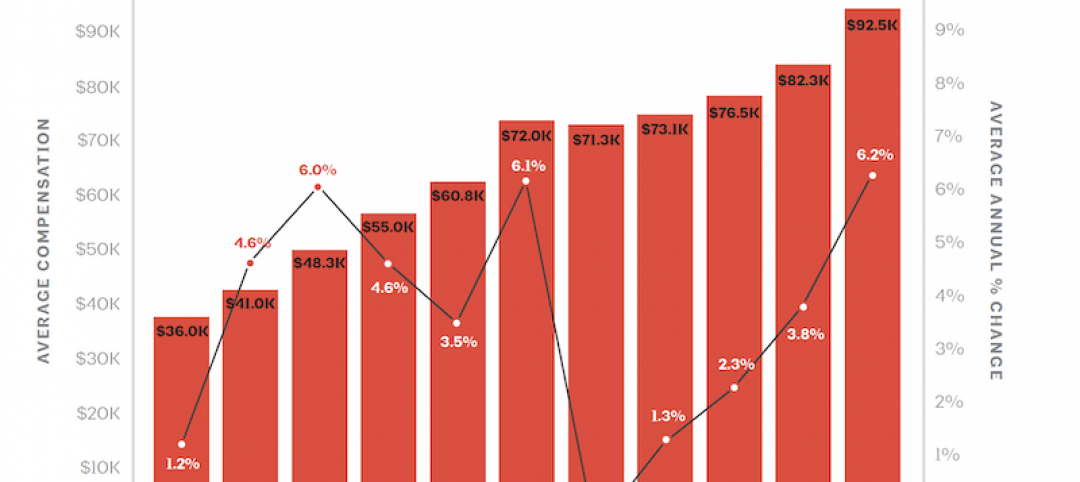The chief executive officer of the Associated General Contractors of America, Stephen E. Sandherr, issued the following statement in reaction to the passage in the House of Representatives today of the Paycheck Protection Program Flexibility Act of 2020:
“Members of the House appreciate that one of the best ways to protect the economy from further harm is to make needed improvements to the federal Paycheck Protection Program. While the loans have helped prevent countless construction layoffs during the past several weeks, their benefits have been limited by several problems that have become apparent since the original program was crafted. These problems include the fact the loans are only supposed to cover an eight-week period, set an unrealistic formula of payroll versus other legitimate expenses and are supposed to mature in two years.
“The House-passed measure corrects many of the problems with the original Paycheck Protection Program by extending the coverage period to 24 weeks, revising the eligibility formula to 60 percent payroll costs and 40 percent non-payroll, extending the maturity period for the loans from two years to five, and allowing loan recipients to defer payroll taxes through the end of 2020. Combined, these improvements will save construction jobs and provide greater relief for many construction firms struggling to survive the COVID-19 pandemic and related economic lockdowns.
“Moving forward, we urge the Senate to quickly pass this vital economic relief measure and the Trump administration to rapidly sign it into law. Any additional delay in improving the Paycheck Protection Program will result in needless new job losses and additional financial hardships for many small, family-owned construction firms.”
Related Stories
Market Data | Oct 2, 2019
Spending on nonresidential construction takes a step back in August
Office, healthcare, and public safety are among the fastest-growing sectors, according to the U.S. Census Bureau's latest report.
Market Data | Sep 27, 2019
The global hotel construction pipeline ascends to new record highs
With the exception of Latin America, all regions of the globe either continued to set record high pipeline counts or have already settled into topping-out formations amidst concerns of a worldwide economic slowdown.
Market Data | Sep 25, 2019
Senate introduces The School Safety Clearinghouse Act
Legislation would create a federally funded and housed informational resource on safer school designs.
Market Data | Sep 18, 2019
Substantial decline in Architecture Billings
August report suggests greatest weakness in design activity in several years.
Market Data | Sep 17, 2019
ABC’s Construction Backlog Indicator inches lower in July
Backlog in the heavy industrial category increased by 2.3 months and now stands at its highest level in the history of the CBI series.
Market Data | Sep 13, 2019
Spending on megaprojects, already on the rise, could spike hard in the coming years
A new FMI report anticipates that megaprojects will account for one-fifth of annual construction spending within the next decade.
Architects | Sep 11, 2019
Buoyed by construction activity, architect compensation continues to see healthy gains
The latest AIA report breaks down its survey data by 44 positions and 28 metros.
Market Data | Sep 11, 2019
New 2030 Commitment report findings emphasize need for climate action
Profession must double down on efforts to meet 2030 targets.
Market Data | Sep 10, 2019
Apartment buildings and their residents contribute $3.4 trillion to the national economy
New data show how different aspects of the apartment industry positively impact national, state and local economies.
Market Data | Sep 3, 2019
Nonresidential construction spending slips in July 2019, but still surpasses $776 billion
Construction spending declined 0.3% in July, totaling $776 billion on a seasonally adjusted annualized basis.
















